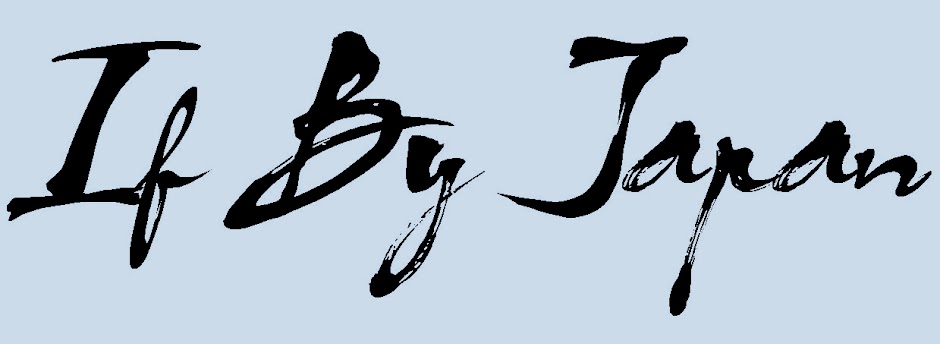I first wrote about this short anime series over four years ago. Four years! That’s a bit scary.
Anyway, this time I decided to watch the film version. This is, essentially, the six TV episodes put together with a little extra material about some kind of government investigation into places where androids and people can interact socially. Because that is what the story is about: a world in which androids, created to serve people, are indistinguishable from humans.
In this world, this causes social tensions as people are suspicious of these android and equally mistrustful of people who prefer the company of robots to real people. When I wrote about it before, I compared the androids in this series to an underclass. This time, I considered the philosophical points that the film was making.
The debate about whether humans are beings whose consciousness alone demonstrates that part of them is spiritual or if we are simply the sum of our parts: purely physical beings, is a debate that touches a nerve with a lot of people. Time of Eve talks about a world in which, to all intents and purposes, the Turing Test has been passed. What would that say about ourselves? It’s one thing to state that a robot is incapable of feeling, but it’s quite another to say the same thing while a robot is looking you directly in the eye and telling you that you’re wrong.
Additionally, of course, there is the habit of people to given characteristics to certain objects. Two of the most affecting stories in Time of Eve concern robots who do not resemble people at all. I’m reminded of a blog post I wrote a while back about a machine devised in the late 1700s that could simulate human speech. One of the people who heard it ascribed certain emotions to it, even though it was little more than a box, a bellows and a rubber mouthpiece: ‘When its answer is not perfectly understood, it repeats it slower, and if required to speak a third time, it repeats it again, but with a tone of impatience and vexation’.
The film is a good way to see the series. Its directed by Yoshiura Yasuhiro, who also made Sakasama no Patema (which I still haven’t seen yet) and the animation is crisp and clear, and the episodic nature of the stories isn’t too obvious. It’s an intelligent and good-looking anime series that’s well worth a look.




No comments:
Post a Comment